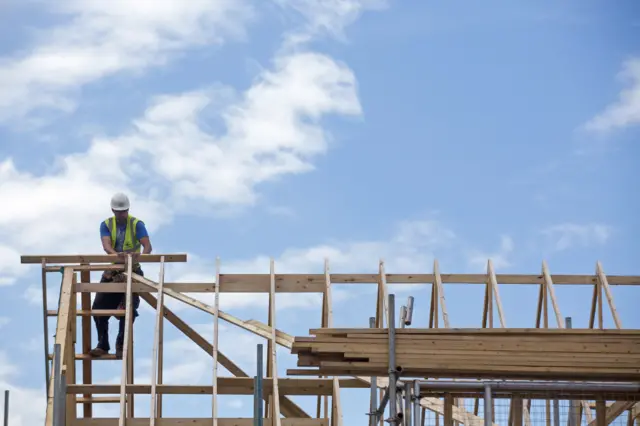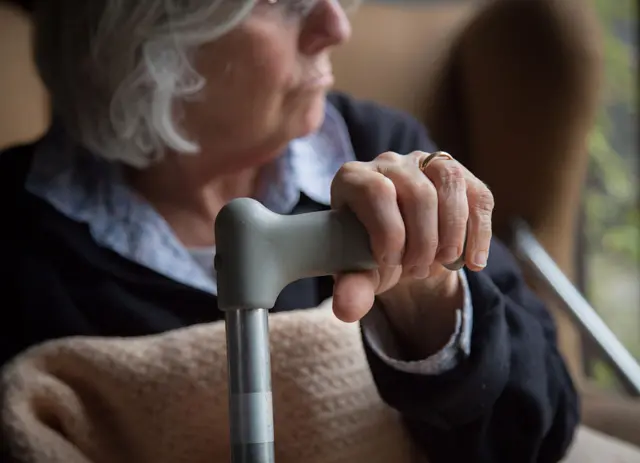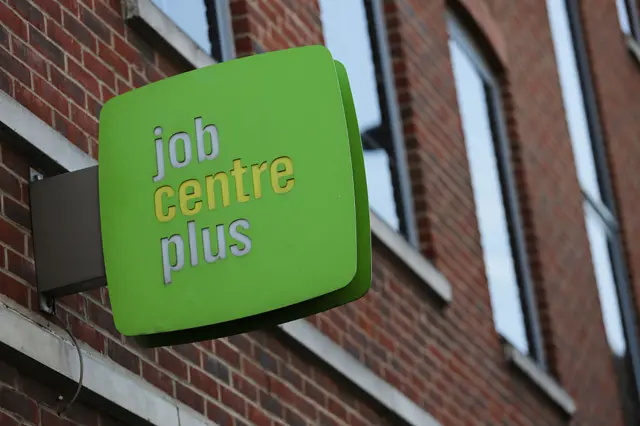Admiral hails more 'rational' marketpublished at 07:08Breaking
 Image source, Admiral
Image source, AdmiralHenry Engelhardt used to be relied upon for some humour when insurer Admiral delivered its results. Alas, he has been replaced by David Stevens as chief executive, who gets to report a modest 4% rise in pre-tax profit to £193.3m for the Cardiff-based FTSE 100 company.
Admiral says that prices have risen for UK car insurance and that the market is increasingly "rational" with less volatility.
There's also good news for investors - the interim dividend is up 23% to 62.9p a share - and staff too. More than 8,400 workers are eligible to receive £1,800 of shares through Admiral's employee share scheme based on the results for the six months to 30 June.





